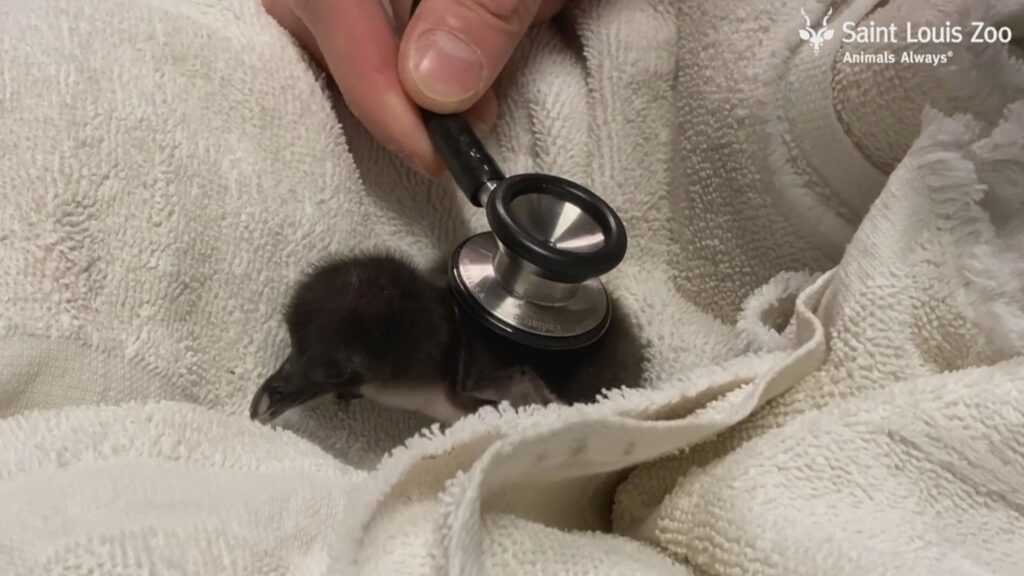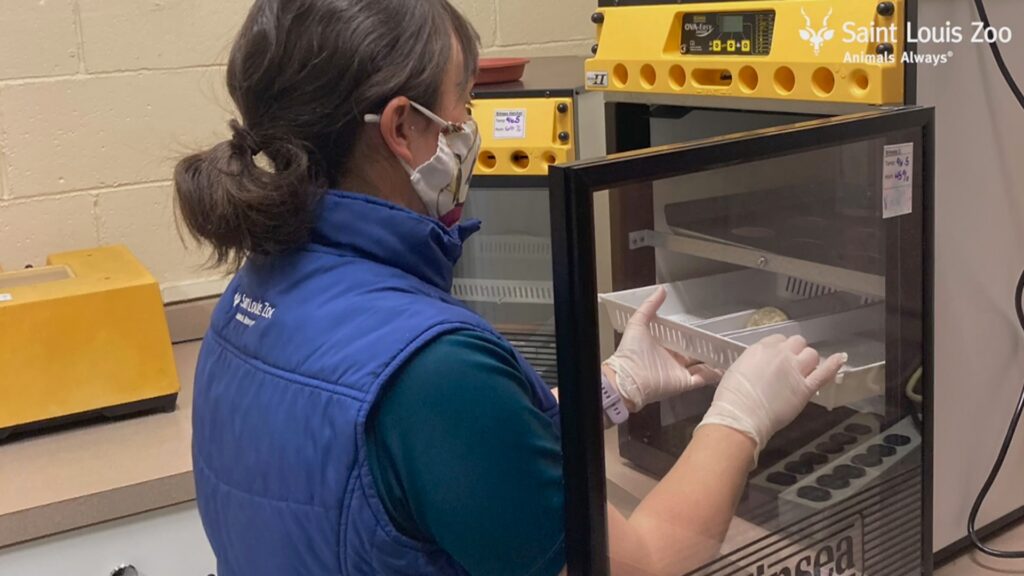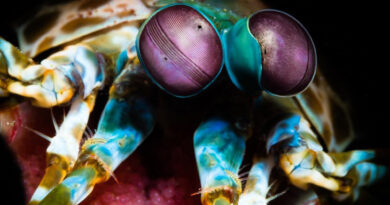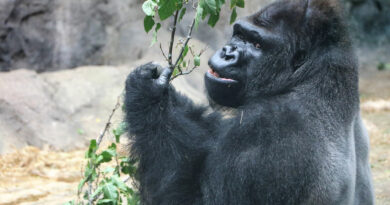Zoo Confiscates Egg From Bad Penguin Parents To Give To Infertile Pair
A US zoo is celebrating their first successful hatch of a rockhopper penguin in more than a decade after giving a fertile egg from a clumsy pair to a couple who proved more competent parents.
Although rockhopper penguins are one of the most common penguin populations, their numbers are falling because of pollution, overfishing and oil exploration.
So the news that staff at Saint Louis Zoo had deprived parents who had proven to be not very good at looking after their egg and giving it to an infertile couple who were more careful in their planning and care is good news for captured populations, even if it’s sad news for the couple that lost their chick.

The zoo staff instigated the policy of taking the egg into care until it was ready to hatch and then giving it to foster parents because it’s real parents had struggled to hatch previous eggs, and had also chosen to build a bad nest in a poor location that would have been hazardous for the chick.
So the zoo’s bird department took the egg from the female Penguin female mum named Star and her partner Rocky, both aged 18, because they had proven unable to incubate the eggs themselves, and replaced it with a fake egg.
For the 32 days that they had the egg in their care, keepers monitored the chick’s progress during incubation. Every three days, the egg was weighed and briefly examined with a bright light to see the embryo and vessels inside.

To make sure the chick was in the correct position to hatch, the Zoo veterinary team took the chick’s first-ever picture using X-rays.
Keepers were able to see that the chick was positioned correctly for hatching and had all the correct anatomy like spine, wings and feet.
When the chick first started to break through its shell, the bird care team knew that it was time to place the egg with penguin parents.
But not with its real mum and dad, Star and Rocky, because although they had made a wonderful nest, it was located right above open water and much too dangerous for a chick.
The egg was instead carefully placed in the nest of another pair of southern rockhopper penguins — a female also named Rockie, age 25, and a male named Buddha, age 13 — who were nesting in a much safer location. They would become the chick’s foster parents.
Rockie and Buddha had produced their own egg, too, around the same time, but it was not fertile.
Over the next 48 hours, the chick wiggled and peeped to alert the foster parents that it was making its way out. Once the chick was fully out of the egg, the foster parents proved to be more than up to the job and eagerly fed the chick around the clock.
The chick’s biological parents, Star and Rocky, remain nearby in the same habitat, but will not be seeing it hatch although the chick will grow up knowing them as part of this larger colony.
A spokesman for the zoo said: We are hopeful that each pair will someday successfully produce and rear their own chicks.”
Southern rockhoppers are a vulnerable species of subantarctic penguin native to the Indian and Pacific Oceans.
The tiny but tough penguins are also found along the southern coast of South America.
Like many penguins, southern rockhoppers form lasting bonds with their mate.
The birth was the result of a breeding recommendation by the Association of Zoos and Aquariums Southern Rockhopper Species Survival Plan (SSP), a program to manage a genetically healthy population of southern rockhopper penguins in North American zoos.



